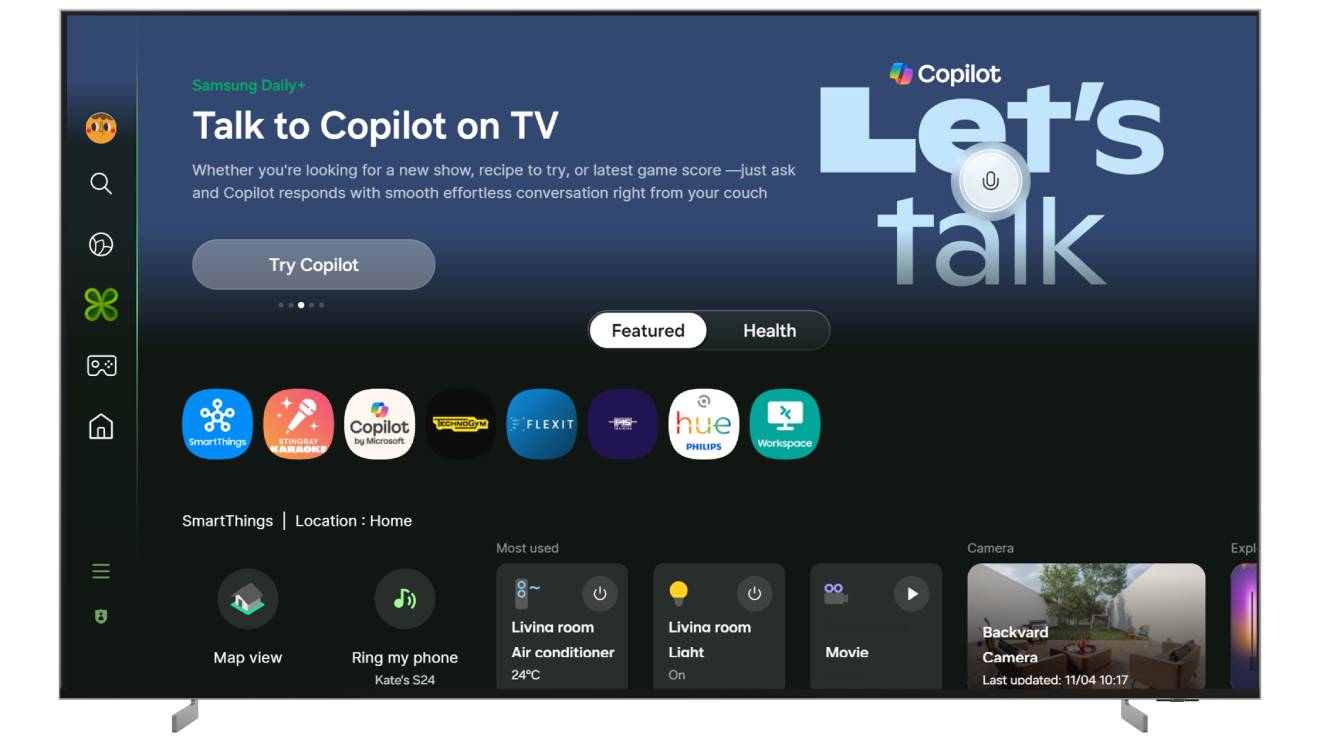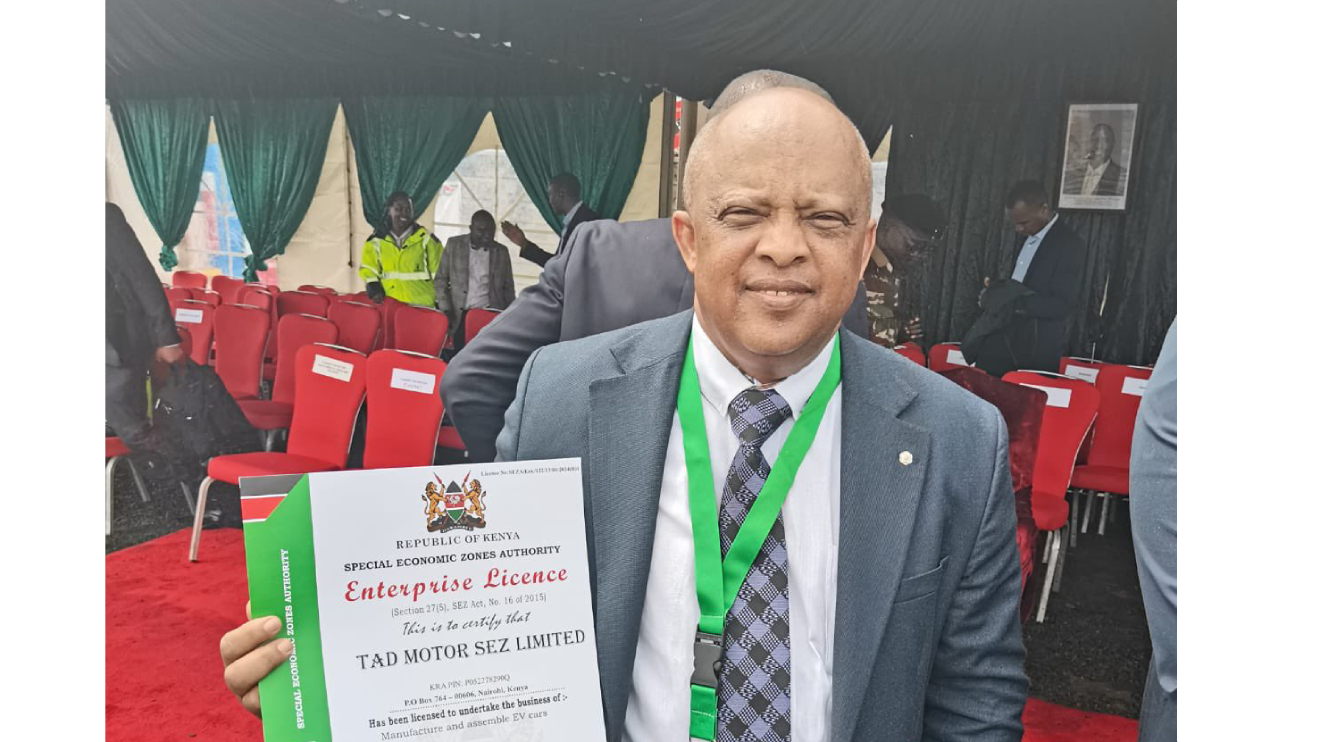Gaming and digital tech company, Viral Gorrrila, has introduced a groundbreaking series of edutainment web-based mobile games aimed at enhancing the learning experience of primary school children.
The platform, called AMUA, meaning "decide" in Swahili, leverages the power of interactive gameplay to educate children on financial literacy, social skills, school curriculum lessons, and the rich history and culture of Africa.
AMUA Games, designed for children in Grades one to six, draws inspiration from the Competency-Based Curriculum (CBC) guidelines.
The platform features an engaging storyline that revolves around Kitu and her nomadic family, embarking on an adventurous journey across Africa.
As players progress through the games, they explore various countries on the continent, immersing themselves in the vibrant history, culture, and stories of each location.
Read More
Joyce Muthoni, the Founder and CEO of Viral Gorrrila, recognizes the unique digital upbringing of today's children and emphasizes the importance of delivering content in a format that resonates with them.
She explains, "Our games are colorful, they have music, and they require physical interactions, not like sitting and just listening to a teacher for hours. The kids learn by DOING, and that is so much more powerful."
Muthoni further emphasizes that AMUA Games serve as personalized, interactive experiences tailored to each child's grade level.
The games act as virtual storytellers and assistant teachers, reinforcing the lessons learned in the classroom.
In Muthoni's words, "AMUA edutainment games aim to improve knowledge of our children on the rich African history and culture."
One of the key objectives of AMUA Games is to address the decline in social studies performance observed in last year's Kenya Certificate of Primary Education (KCPE) examinations.
By encompassing diverse learning areas covered in the school curriculum, the platform strives to enhance and expand the knowledge base of students, preparing them for future academic success.
Access and affordability are also at the core of AMUA Games' mission. With the widespread availability of smartphones and internet connectivity, the platform ensures that every primary school child in Africa, not just in Kenya, can benefit from its educational offerings.
Moreover, AMUA mobile edutainment games align with UNESCO's efforts to preserve and promote African culture and history.
UNESCO has long recognized the significance of African perspectives in shaping historical narratives, and in 1964, it initiated the General History of Africa project.
The project aimed to provide an authentic African account of the continent's history, free from the biases and prejudices of Western influences.
In line with this, UNESCO launched the 'Pedagogical Use of the General History of Africa' in 2009, to incorporate the volumes of the General History of Africa into school education across the continent.
AMUA Games contribute to this objective by educating African pupils and students about the evolution of African societies and the profound impact of historical changes on the present and future.
"Modernizing the curriculum includes solutions that keep pupils engaged and ensure they learn how to be critical, confident, and creative—abilities required for success in the modern workplace," Muthon added.
"Playing games greatly increases the brain's capacity to memorize things. Games enhance the ability to think in a critical way, which boosts the capacity to retain information for a longer time."
With the introduction of AMUA Games, Viral Gorrrila aims to revolutionize primary education in Africa by fostering an engaging and effective learning environment, empowering children with a deeper understanding of their continent's history, culture, and diverse societies.












